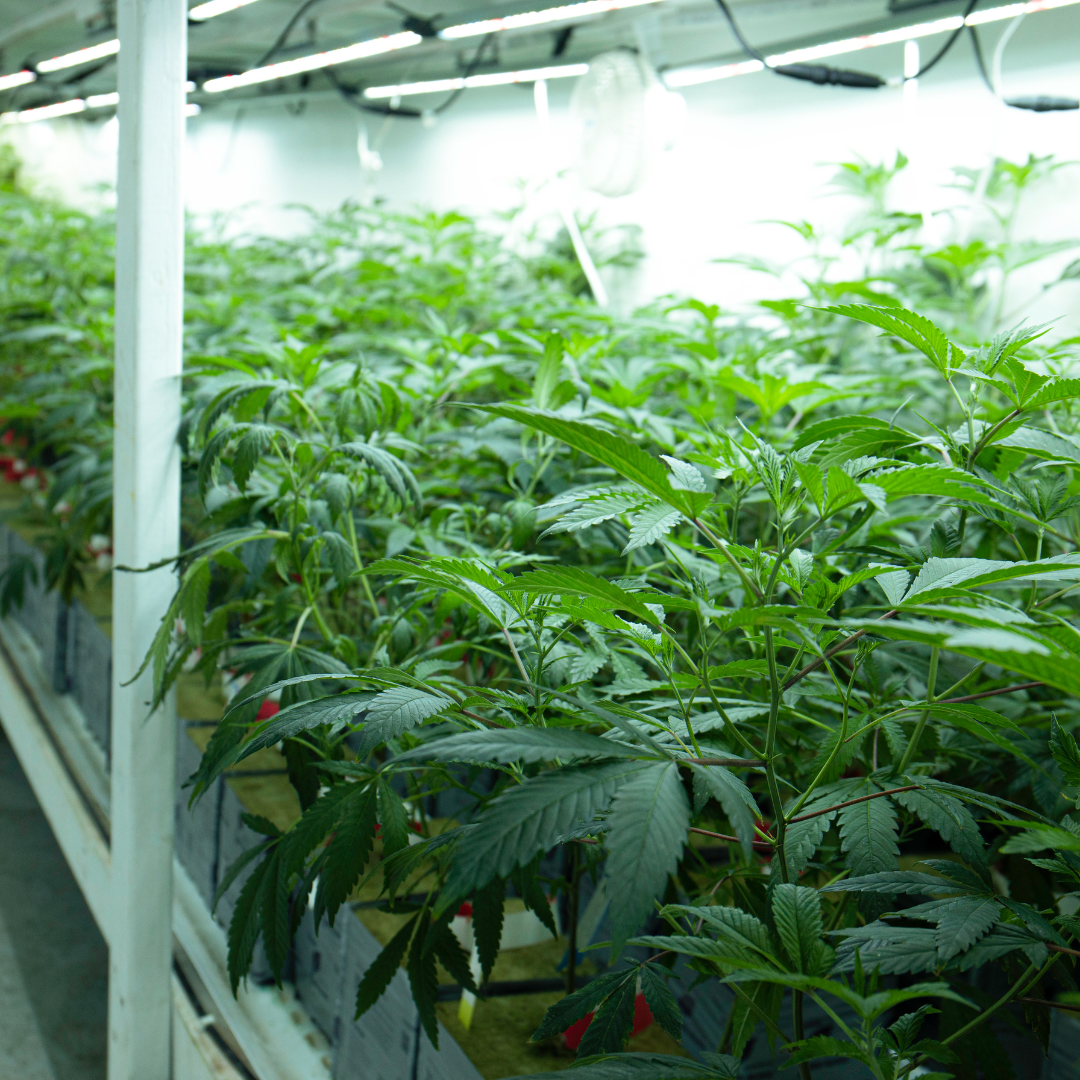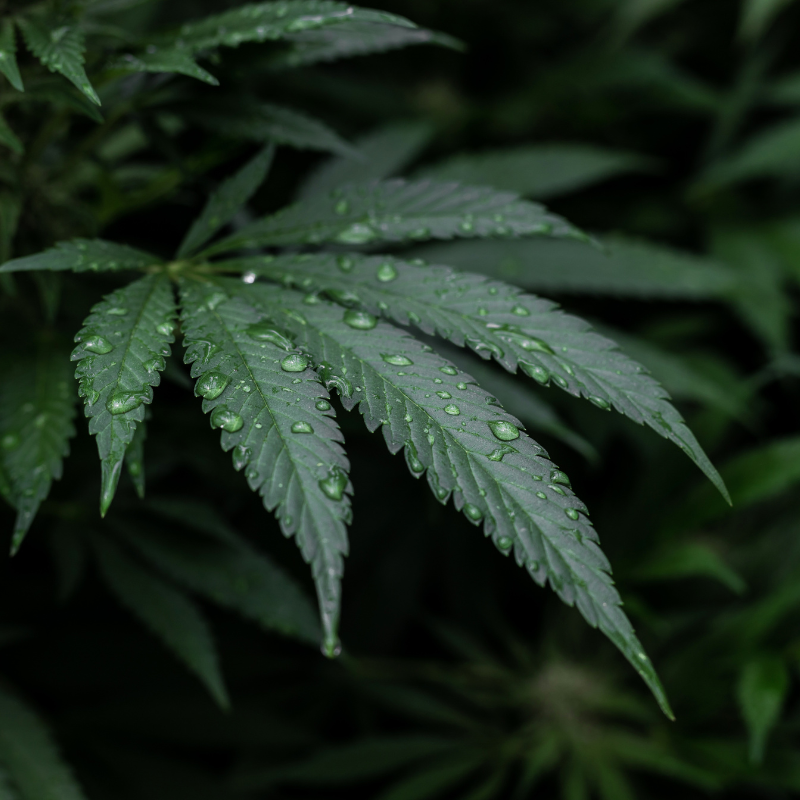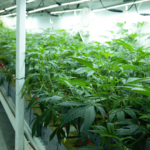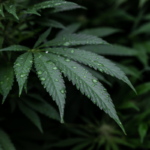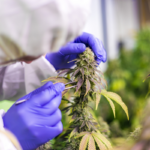The Impact of Hard Water on Plants
The quality of your water can have a big impact on the health of your plants. It is often a challenge to maintain quality water, especially if you are relying on a municipal or rural water supply. This is because over 85% of the United States of America has hard water problems. Hard water contains high concentrations of minerals like calcium and magnesium, which can affect the pH of the soil, making it more alkaline than normal tap water would be. This can make it difficult for plants to absorb nutrients from their environment. Additionally, hard water may also cause nutrient deficiencies in your soil due to its inability to dissolve certain elements such as iron or zinc effectively. These types of elements are essential nutrients to all plants. Let’s explore some of the ways hard water can impact your plants.
Does Water Type Really Matter?
Whether you’re growing in soil or hydroponically, water is needed to help assure that a strong, potent plant is harvested. Water contains a variety of nutrients and bacteria that a plant needs to grow and maintain its strength. However, water can also contain harmful chemicals or bacteria that will hurt the plant and hinder its growth. Educating yourself on your water’s quality and content can help prevent problems your plant might experience, like root rot for instance.
Many growers have preferences on the water type they use. Many of these types of water require alteration of the original water to create the perfect water for their plants to consume. For instance, growers that prefer rainwater often need to leave their water in barrels for a time to let the normally acidic water have time to neutralize. Other growers may prefer reverse osmosis water. RO water requires a reverse osmosis system and will need other nutrients added afterward to become optimal for your plants’ health. There is no one right answer to what water you should use but some are more easily accessible and depending on your growing space, one water system may work better than another.
Signs of Hard Water on Your Plants
It’s not uncommon for growers to not know the quality of their water before it’s too late. Watering your plants unknowingly with hard water can lead to a variety of problems and ultimately end up costing you money. There are a variety of visible signs you can look for that may give insight into your water’s quality. From the leaves to the roots, here are just some of the many ways that your plants can show signs of water issues.
Leaf Symptoms: Visible signs of water issues on your plants leaves include browning of the leaves, burnt looking leaves, and the tips of the leaves beginning to curl up.
Plant Symptoms: Beyond the leaves, there can be noticeable signs of water issues on the rest of the plant as well. If your plants are suffering from weakened stems and showing signs of wilting, your water quality may be in jeopardy.
Root Symptoms: Under the surface, your plants could also be suffering. Water quality issues could cause your plants’ roots to show browning, and lead to not only mold but a bad smell overall.
Checking for Hard Water Before It’s Too late
There are many ways that hard water can negatively impact your plants. Luckily, there are ways to check your water quality before it ever becomes a problem. A water quality test can be conducted by water professionals to give you a full profile of your water quality and the nutrients or contaminants that are in your water. When you consult with a Grow Flow professional, they will be able to offer you an analysis of your water and also offer customized solutions that best fit your needs and your budget.
Common Hard Water Solutions for Commercial Growing
While many growers run into the same hard water problem, there are a few different commercial growing solutions that can assist in providing quality water to your cannabis crops. The three optimal choices are a reverse osmosis system, a deionized water system, or a water softening system combined with a reverse osmosis or deionized water system. Learn a little more about each system below:
- Reverse Osmosis System: Reverse osmosis systems are designed to remove impurities from your water, including chlorine, heavy metals, salts, and other minerals, ensuring your plants receive the cleanest water possible. With a reverse osmosis system, you are in control of what’s in your water.
- Deionized Water System: Deionized water systems eliminate impurities and contaminants to provide pure, contaminant-free water that’s the essential starting point for the health and growth of your plants.
- Water Softening System: A common choice for families looking to rid their homes of hard water, a water softening system can also work for commercial growers. A water softener paired with a reverse osmosis system or a deionized water system can provide optimal water ready to carry your growing nutrients to your crops.
Grow Flow: Hard Water Solution Specialists
As a grower, your water quality directly correlates to your profitability. If you don’t know what your current water quality is, then you don’t yet know how to treat it effectively. Grow Flow offers water quality tests to give you insight into your water’s quality and what contaminants could be lurking in the water. Once your water quality test is complete, one of our knowledgeable professionals will give you real-time solutions on how to repair your water and make sure your plants are getting the best possible water to help their growth.
If you’re ready to find out what’s in your water, contact our professionals today!

